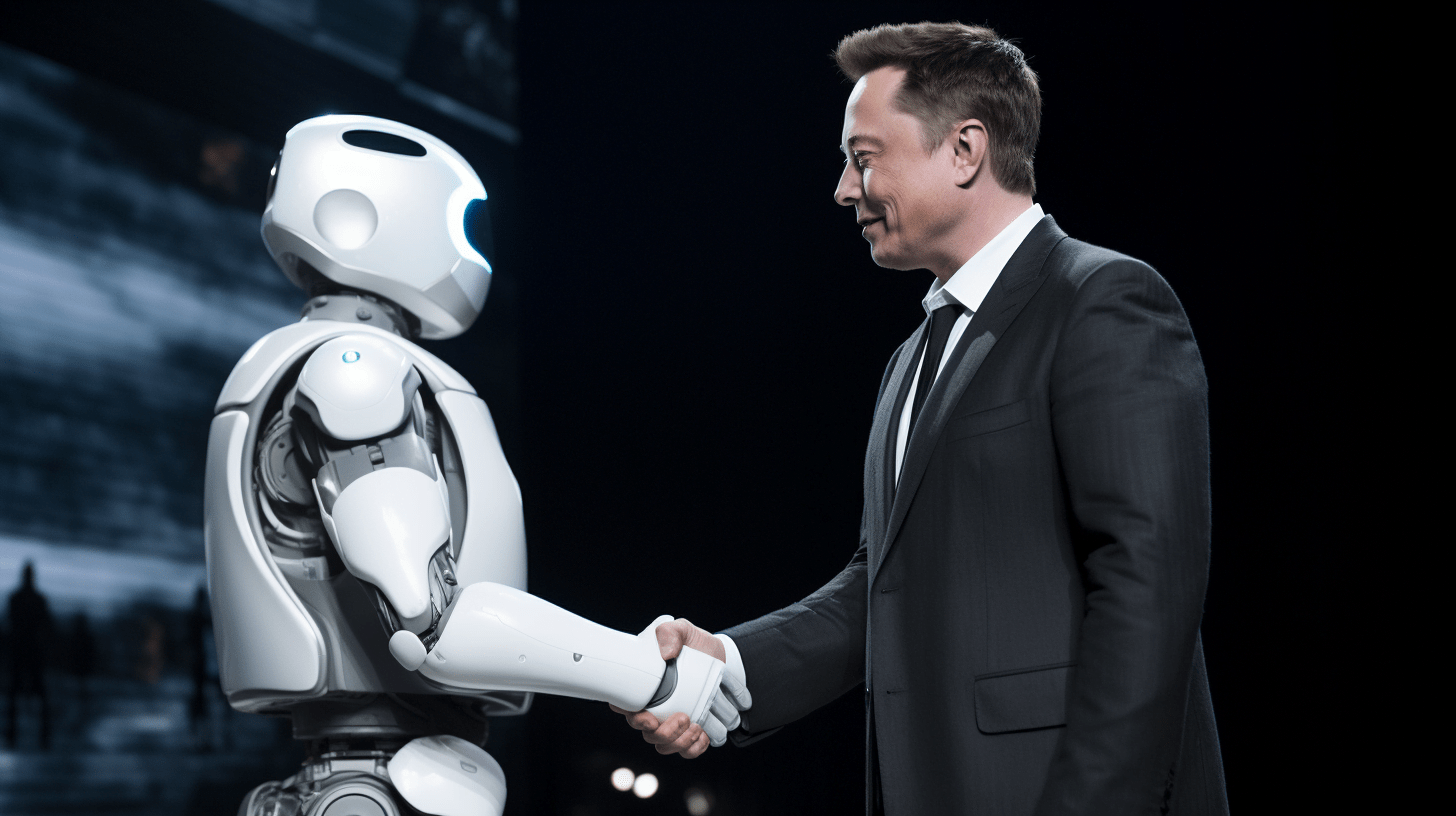Billionaire entrepreneur Elon Musk has once again captured the tech world's attention with his ambitious plans to build a groundbreaking supercomputer. This computer, referred to as the "gigafactory of compute," aims to significantly bolster the capabilities of his artificial intelligence startup, xAI. As AI continues to evolve rapidly, Musk's supercomputer is poised to become a pivotal player in this competitive landscape, driving innovation and efficiency like never before.
Musk's vision includes an astonishing assembly of 100,000 Nvidia chips, which he intends to have operational by fall 2025. He has taken it upon himself to ensure that this project is delivered on time, a pledge that showcases his commitment to advancing AI technology. Such a robust supercomputer would be at least four times the size of the current largest GPU clusters, potentially reshaping how AI models are trained and deployed.
The announcement comes amid a fierce race in the AI sector, particularly following the surge in popularity of OpenAI’s ChatGPT. Major tech players like Microsoft, Google, and Meta are heavily investing in AI, making Musk's entry into this arena even more significant. With xAI developing a real-time chatbot named Grok and Musk's substantial financial resources, the stakes are high, and the implications for the future of AI could be monumental.
| Personal Details | Information |
|---|---|
| Name | Elon Musk |
| Born | June 28, 1971 |
| Nationality | American (born in South Africa) |
| Known For | CEO of Tesla, SpaceX, Neuralink, and founder of xAI |
| Education | University of Pretoria, Queen's University, University of Pennsylvania |
Key Takeaways
- Elon Musk is developing a supercomputer named "gigafactory of compute" to enhance AI capabilities.
- The supercomputer will consist of 100,000 Nvidia chips and aims to be operational by fall 2025.
- Musk has committed to delivering the project on time, underlining his dedication to AI advancement.
- This initiative enters a competitive landscape with major tech players investing heavily in AI technologies.




